1971, A white baby in Johannesburg, South Africa
I was born in Johannesburg, specifically Hillbrow in 1971. White.
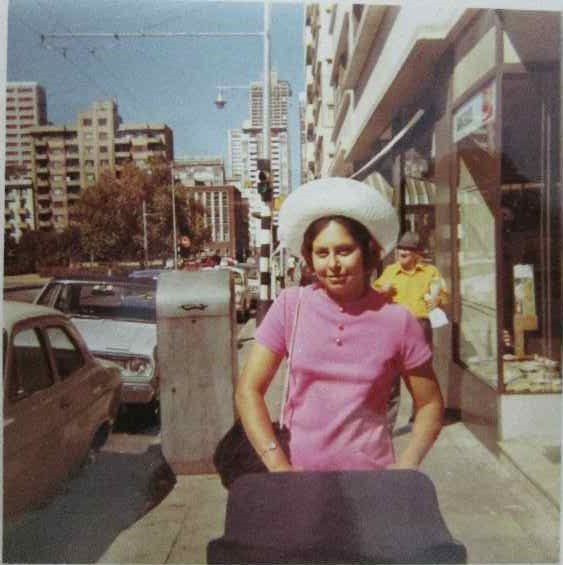
(that's me being cute in my pram, trust me!)
My parents were part of an exciting, hip and fashionable community. They were friends with circus performers, magicians, same sex couples (not widely accepted in society at that stage) and many other quite ordinary folk like themselves. I have noticed that the bonds they formed during this time have endured the decades. I was born the year one of Hillbrow's most famous landmarks, the Hillbrow tower was completed.
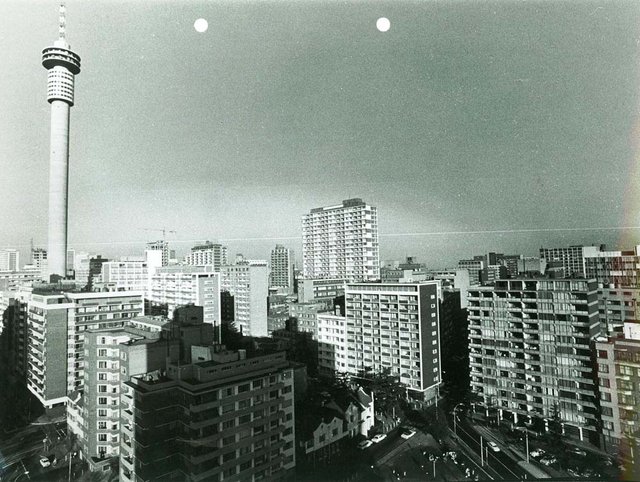
(Hillbrow Tower)
Fast forward 45 years and Hillbrow is criminal's Eden, infested by gangs and slumlords. Crime, poverty and misery are rife. The old blocks of flats have been taken over by gangs and the people are living in them in extremely unhygienic and unsafe conditions. They have no electricity or running water and pay rent to the gangs. It makes me sad to think the cozy little flat in which I spent the first year of my life is now home to abject pain and desperation. I have seen reports that the City of Johannesburg have plans for urban renewal here, so maybe there is a glimmer of hope.
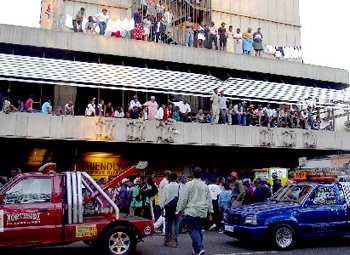
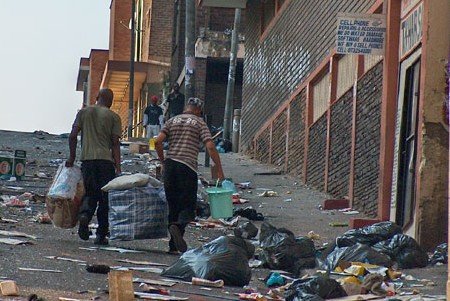
(Hillbrow now)
A Black baby born in the same year would have had an entirely different experience, under the Apartheid government.
(Soweto, 1970's)
Due to the South African government's policy of Apartheid, black and white living areas were strictly segregated. A black baby born in the same area and same time, would have lived in the "black" area of Soweto, which had very limited amenities. Black people had to carry special passes to allow them to work in the "white" areas. They also had a curfew, and had to exit "white areas" after work. The struggle against Apartheid had been going on since it's inception, but the 1970's and 1980's was a particularly volatile time.
" In South Africa, pass laws were a form of internal passport system designed to segregate the population, manage urbanization, and allocate migrant labour. Also known as the natives law, pass laws severely limited the movements of black African citizens by requiring them to carry pass books when outside their homelands or designated areas. Before the 1950s, this legislation largely applied to African men, and attempts to apply it to women in the 1910s and 1950s were met with significant protests. Pass laws would be one of the dominant features of the country's apartheid system, until it was effectively ended in 1986." (Wikipedia)
Now, unlike Hillbrow, Soweto is a thriving, colourful sprawling community, as well as a tourist destination, although poverty is still rife in certain sections.
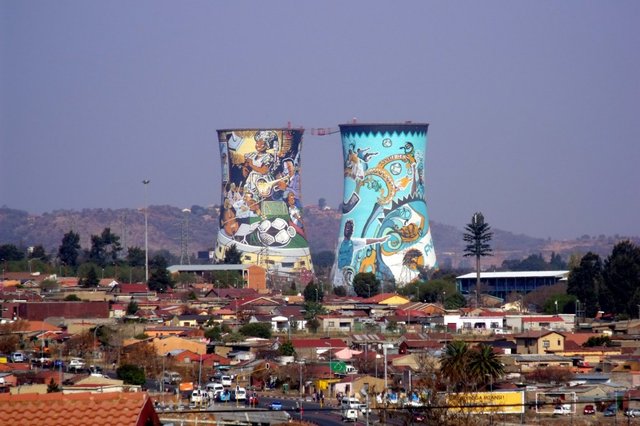
(Soweto now)
At that time my parents were cavers, and I just love the grungy hippie photos!
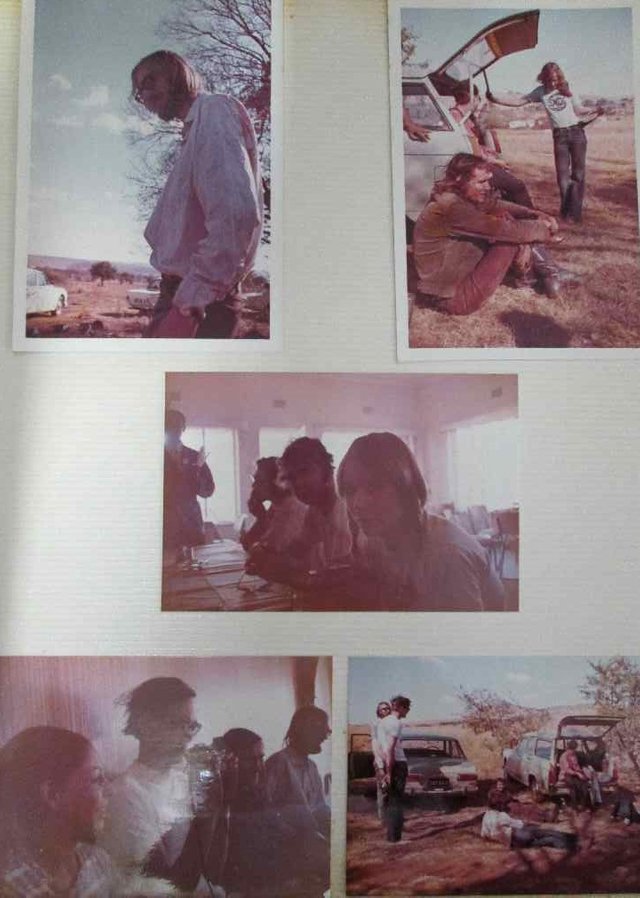
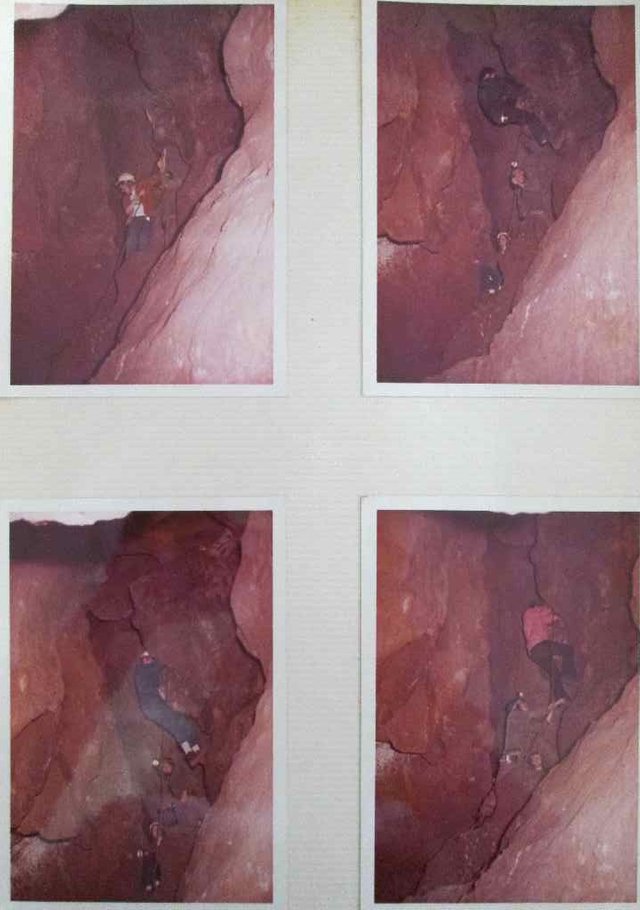
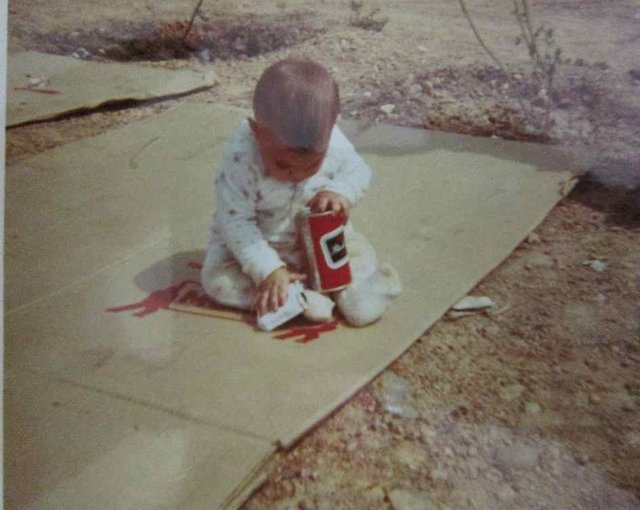
(me playing with "Black Label"can, an iconic South African brand beer, and cigarette box, still cute, not politically correct!)
Obviously I don't remember this time, but it has been locked in my mind by my parents stories. Now 45 years after my birth, I realize how we lived in a privileged bubble, although we were fairly poor. As the years went by I began to be confronted with uncomfortable questions about race, despite the fact during the 1980's we had very little access to information. We had no internet, and the media was heavily censored by the government.
We moved around a lot during my childhood, due to my father's job as a telephone exchange technician and I have many stories to tell. Consider this Part One. Thank you for reading.
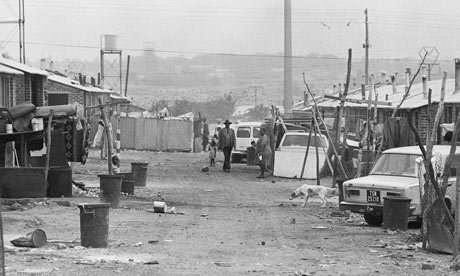
@onetree thank you for sharing!
Thank you :-)
Good article. Pity about the way Hillbrow has gone nowadays.
Thanks! And yes